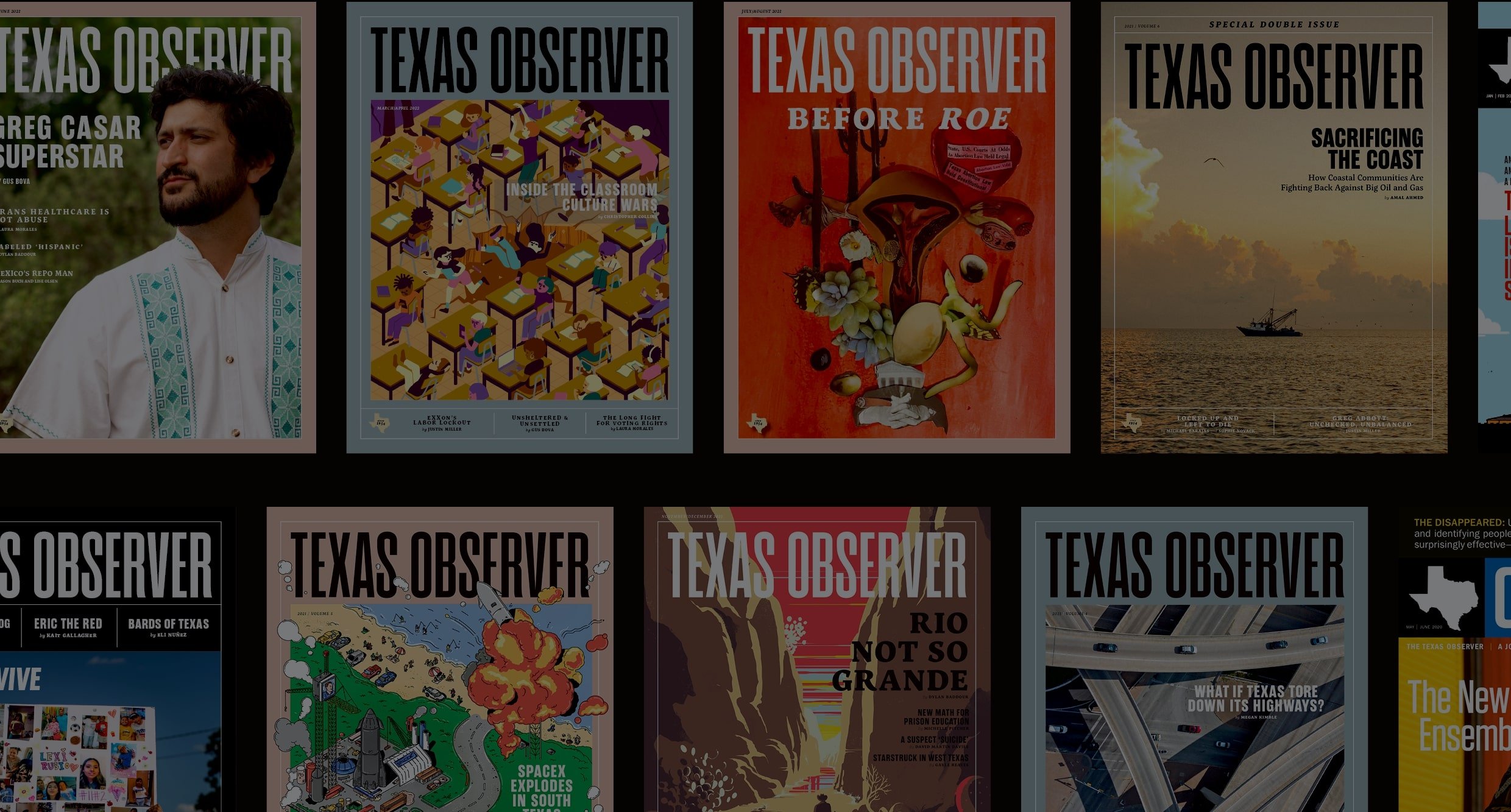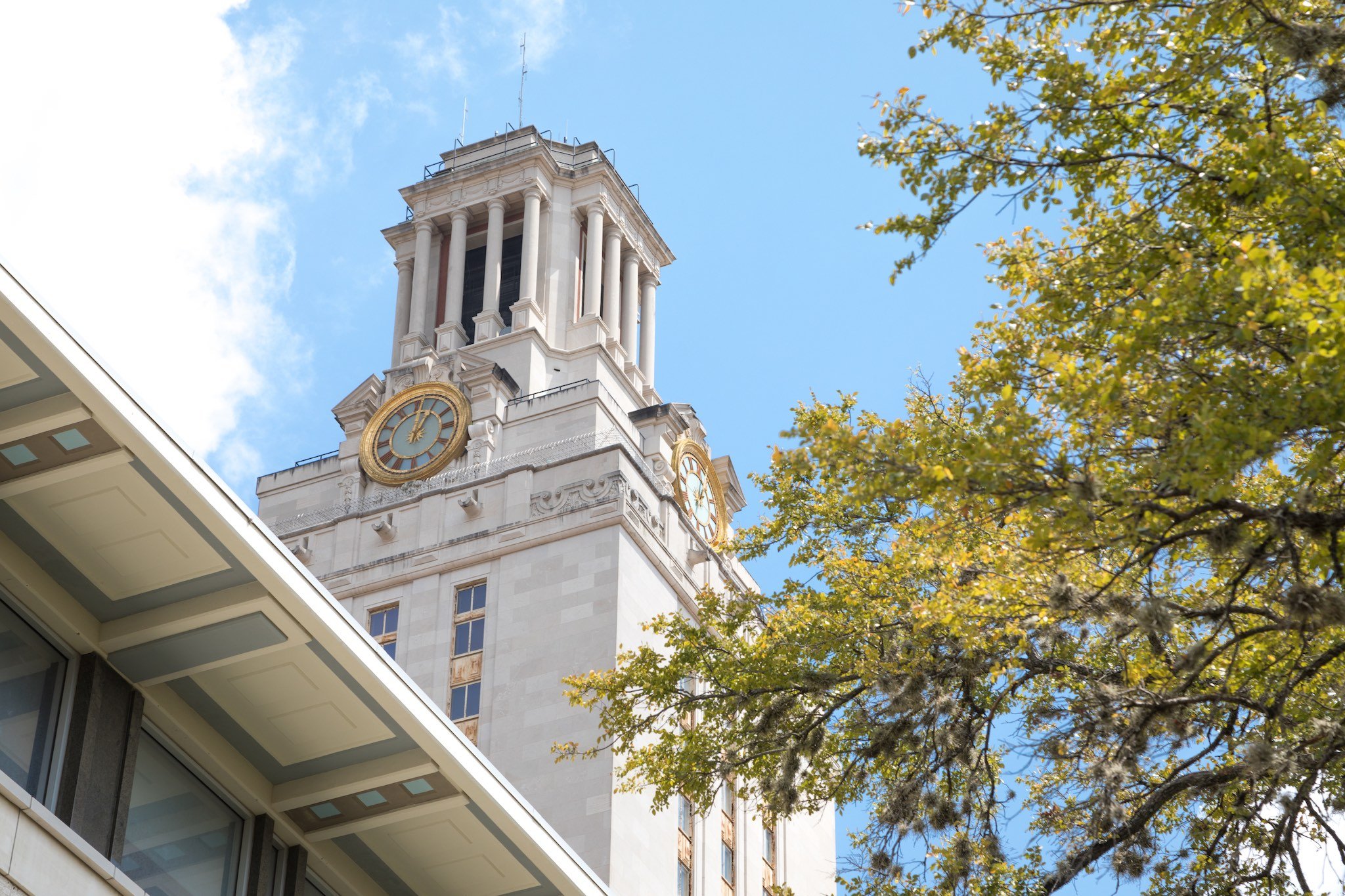Afterword
Eye-Yai-Yai!
Palestine is always synonymous with pain and so it seems almost poetic that I was in plenty of it as I embarked in late June upon an odyssey that was to take me to the Occupied Territories for a few weeks of witnessing and protest with the International Solidarity Movement. ISM had issued a call for older Jewish volunteers to come to Palestine following the maiming and murder of four young activists, a golden opportunity to put our bodies were our mouths are.
Even in Iraq prior to the U.S. bombing, my left eye had grown so swollen and discolored that I sought to camouflage it with a black patch that earned me the nickname of hurzzah, or pirate, the Peace Pirate of Baghdad.
Back in Mexico City where I live, the doctors at the Hospital de Jesus had no idea of what was causing the pain and swelling and their solution was to send me religiously to the Farmacia Paris to purchase absurd quantities of patent medicines.
The pain had become almost unbearable the day I flew up to Tijuana on the cheap route to San Francisco from where my flight to the Middle East was scheduled to depart and I caught a cab down to Revolution Avenue, the garish stretch at the heart of that city’s turista row where the pharmacies fill prescriptions without prescriptions 24 hours a day and 10 Vicodin would cost me $25 plus $5 for the runner. But the pain pills did not diminish the agony as I waited two hours under a blazing sun to cross the border on foot.
By the time I had caught the trolly and a bus out to San Diego airport, the pain was blinding and Homeland Security screeners orange-carded me as I limped into line, I suppose on the criterion that people in acute pain present a terrorist threat to these United States.
Later, I would be allowed to fly up to Oakland and caught the BART in from the airport to 24th Street and Mission where my friend Monika, a physician herself, plucked me from the sidewalk by the Cafe Boheme, took one look at my twisted visage, and drove me to the emergency room at the University of California at San Francisco. A CAT scan some hours later revealed that a buckle inserted in the eye 20 years ago to secure a detached retina had disintegrated into a thousand tiny slivers, some of them growing their own bacteria, an infection that was now within a slender membrane of my brain.
The retina had first been detached during an altercation with a band of Mission Station cops in 1967 while I was running for the San Francisco Board of Supervisors (“Rent Control Now! Out of Vietnam!”). Officer Juan Gonzalez, a behemoth of a flatfoot, who functioned as the police “community relations” liaison, and I had quarreled often at local Poverty Council meetings where I was an elected member of the board, and he seemed to take great delight into repeatedly slamming his flashlight into my left eye and screwing it into the socket. The mutilated eye itself became a feature of our trial (“The Mission Seven”) the next summer when the defense showed blow-ups of the damaged orb on the courtroom wall. A subsequent brutality suit went the way of most legal claims against the police in those turbulent times and was eventually plea-bargained away to secure the release of a comrade who had been convicted in the fracas.
My name was eventually stricken from the ballot because I was a convicted felon–in July 1964, I was sent to Terminal Island Federal Penitentiary, San Pedro, California, the first draft refuser from the Bay Area to be incarcerated for refusing to participate in the U.S. massacre in Vietnam. Then in 1986, at a demonstration outside a fundraiser for the Nicaraguan Contras at the Alemany Community Center, the retina was again detached by a tremendous whomp on the back from the baton of one of San Francisco’s Finest–admittedly, I had availed myself of the proximity of Adolfo Calero, the Jefe of Coca Cola-Nicaragua, whose expensive suit jacket I managed to rip up the back. To my great shame, the eye was repaired at Kaiser during a strike there and the near fatal buckle was implanted. I have no recollection of being informed that this lethal time bomb was ticking away inside my eye.
Now, several wars, rebellions, and uprisings later, I awoke from yet another surgery in a gleaming white hospital room, groggy with morphine and exhausted from my ordeal. The calendar on the wall announced that the date was June 27th, the day I was to have set off for Palestine–a pledge I fully intend to make good on once I have rested awhile.
On the door of my room–and, indeed, on the door of every room on Moffet-14–the nurses had affixed red, white, and blue stars. I suppose they were echoing the nauseating jingosim that has infected America in the wake of the terrible slaughter in Iraq. “God Bless America,” read the wall decorations on the floor. “A Nation Must Stand Strong!” I tore the star from my door and ripped it into tiny patriotic shreds. The nurses wanted to know what I thought I was doing. I expected an interview with Homeland Security would be next on the agenda.
UCSF is an exemplary institution, beautifully landscaped into the surrounding hills, with a world-class vista of the soft billows of fog pushing in through the Golden Gate. But as I lay there dozing in and out of consciousness, I visited other hospitals. In Baghdad, at the Saddam Children’s Hospital, hundreds of infants, suffering cancers said to be caused by depleted uranium shells fired upon them by the Yanqui troops during the first Gulf War, lay solemn and motionless on their cots. When you picked a child up, they were as light as a feather and you knew by their body weight that they would not make it.
Unlike UCSF, the hospitals of Iraq were gloomy and cavernous, overcrowded and understaffed, with little vital medication because of 12 years of U.S. sanctions. Later, after Bush’s shock and awe show, they would be swarming with mangled children mutilated by Washington’s cluster bombs. My friend and fellow Human Shield Father Fippinnger tells of carrying their little amputated limbs into the courtyard where ravenous dogs would snap them up.
It was not Homeland Security that came to interrogate me about ripping up the stars and stripes but rather my day nurse, a beaming Vietnamese angel of mercy, Kieue, who had been brought by her family to the United States following the fall of Saigon in 1975. Although she barely remembered the war, when I looked at her hovering above my bed I saw an 11-year-old girl running down a dirt road near Danang on fire from the Napalm that the United States had dropped upon her village.
I explained to Kieue what I had seen in Baghdad, what I had seen in Chiapas and Palestine and Peru and the Highway to Hell, what I had seen right here on the streets of San Francisco, and by the time I had run out of steam, I was dissolved into weeping. “Shhh,” she cautioned, “you must rest. Your eyes have seen too much … ” n
Despite his recent setback, John Ross will soon be headed to Palestine.

